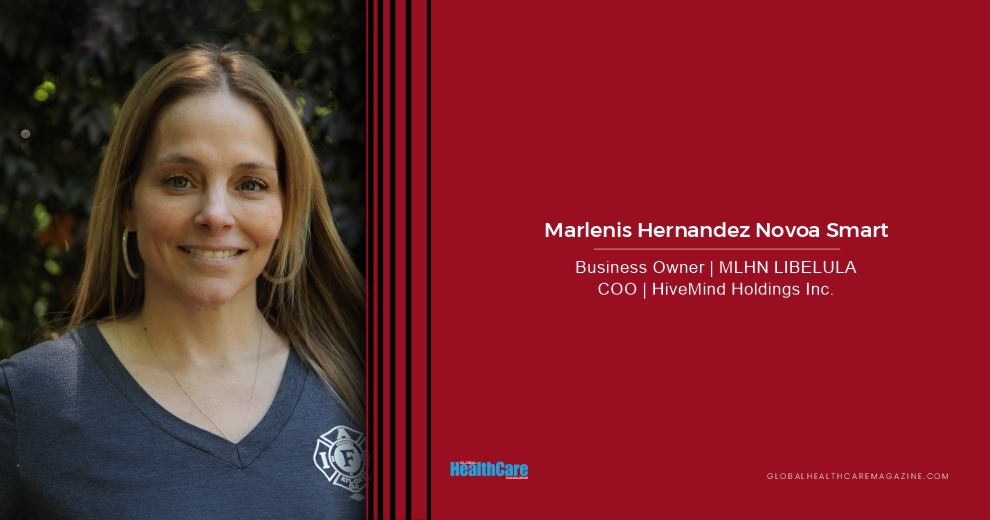In one of the biggest consumer health acquisitions, Kimberly-Clark, the maker of Huggies, Kleenex, and Kotex, is set to acquire Kenvue, the parent company of Tylenol, Neutrogena, and Band-Aid, in a $48.7 billion mega-deal.
The announcement, which has caught the attention of global markets and health policymakers, promises to create a $32 billion “global health and wellness leader.”
The Kimberly-Clark Kenvue Deal is being presented as a bold step toward “science-backed innovation.”
But will a bigger company drive better innovation in consumer health, or could this consolidation reduce competition and slow down breakthroughs?
Tylenol’s Parent Company Acquired by Maker of Huggies
- The recently announced Kimberly-Clark Kenvue Deal combines two of the most recognisable names in household and healthcare products.
- Kenvue, which spun off from Johnson & Johnson in 2023, owns beloved brands such as Tylenol, Listerine, and Neutrogena.
- Kimberly-Clark, known for everyday essentials like Huggies diapers and Kleenex tissues, brings decades of experience in hygiene and wellness.
- The deal values Kenvue at $48.7 billion, with expectations of boosting annual revenues to more than $32 billion globally. Both companies emphasised that the acquisition will enable greater investment in research and development (R&D) and “science-led product innovation.”
- Shares of Kimberly-Clark stock (KMB) and Kenvue stock (KVUE) saw initial fluctuations following the announcement, reflecting investor uncertainty about how quickly the acquisition will yield returns.
Healthcare Giants and Health Innovation
Acquisitions of this scale often claim to promote innovation, but size can be both a catalyst and a constraint.
The Kimberly-Clark Kenvue Deal merges brands that touch millions of lives daily with pain relievers, skincare products, baby care essentials, and hygiene items.
This could enable cross-sector R&D collaborations. For instance, integrating Kimberly-Clark’s skin barrier technology with Kenvue’s dermatological research to develop new wound care or baby skin products.
However, history offers caution. Similar consolidations in the consumer health space, like Procter & Gamble’s acquisitions in the 2000s, led to greater market share but slower product diversification due to reduced internal competition and complex management structures.
The Bright Side of Kimberly-Clark Kenvue Deal
The companies’ joint statement highlights a strong focus on science-backed innovation, signalling that the acquired entity aims to expand beyond traditional consumer goods into preventive wellness and therapeutic skincare.
Potential R&D Benefits:
- Increased R&D Budgets: A combined research pool could reach billions annually, enabling advanced formulation technologies for pain relief, hygiene, and skincare.
- Data-Driven Health Products: Leveraging consumer data from both portfolios could accelerate personalised wellness products, such as adaptive baby-care materials or smart hygiene monitoring tools.
- Sustainability and Safety: Kimberly-Clark’s environmental initiatives could enhance Kenvue’s product safety and sustainability practices, aligning with global regulatory demands.
If executed well, the Kimberly-Clark Kenvue Deal could set new standards for consumer wellness innovation worldwide.
The Risks of Innovation Restrain
While the potential looks promising, large-scale can bring resistance to growth.
- Reduced Competition: With fewer major players in the consumer health market, smaller startups, often the true drivers of innovation, may find it harder to compete or collaborate.
- Slower Product Launch Cycles: Large corporations face layers of regulatory and corporate approval, which can slow innovation.
- Brand Dilution: Maintaining distinct brand identities (like Tylenol’s clinical trust and Kleenex’s everyday comfort) under one roof may prove difficult.
Financial analysts have also pointed out that the Trump Administration’s trade and regulatory policies could affect this deal. Political uncertainty adds another layer of complexity to multinational acquisitions in the health sector and how they are taxed and regulated.
Market and Policy Implications
- Kenvue stockholders may benefit from short-term gains, but long-term performance depends on how efficiently integration occurs.
- Kimberly-Clark stock (KMB) could see moderate volatility, as the company takes on new debt to fund the acquisition.
- The deal highlights the need for updated competition laws that address mega-acquisitions in the healthcare and consumer wellness sectors.
Conclusion
The Kimberly-Clark Kenvue Deal could reshape the future of consumer health. If both companies leverage their combined strengths for research capacity, brand trust, and global reach, they might accelerate innovation in preventive health and wellness.
However, without strategic leadership and regulatory oversight, the acquisition could risk becoming a slow-moving corporate giant, prioritising market share over groundbreaking science.













